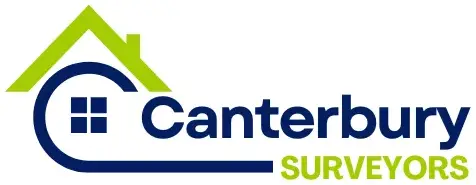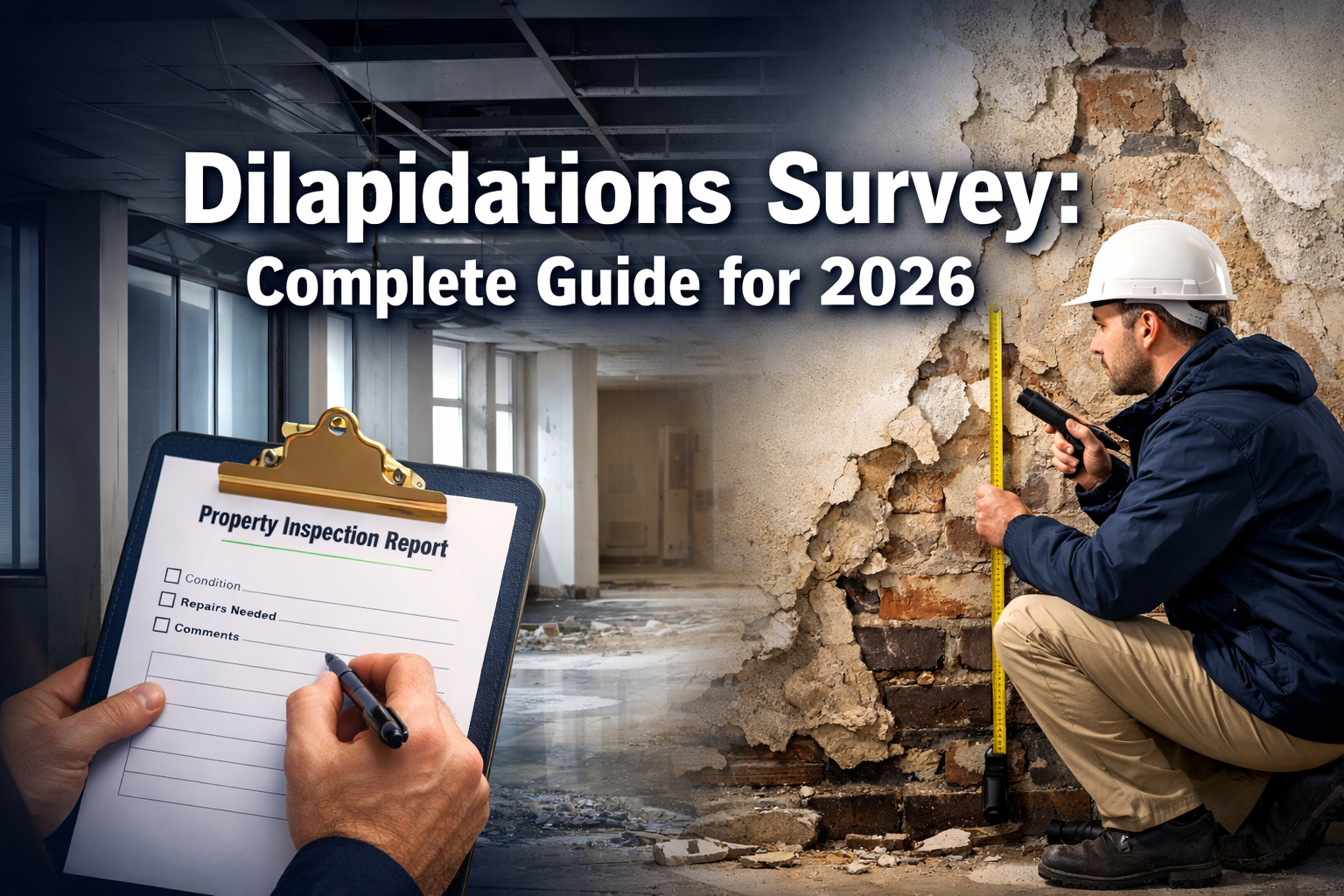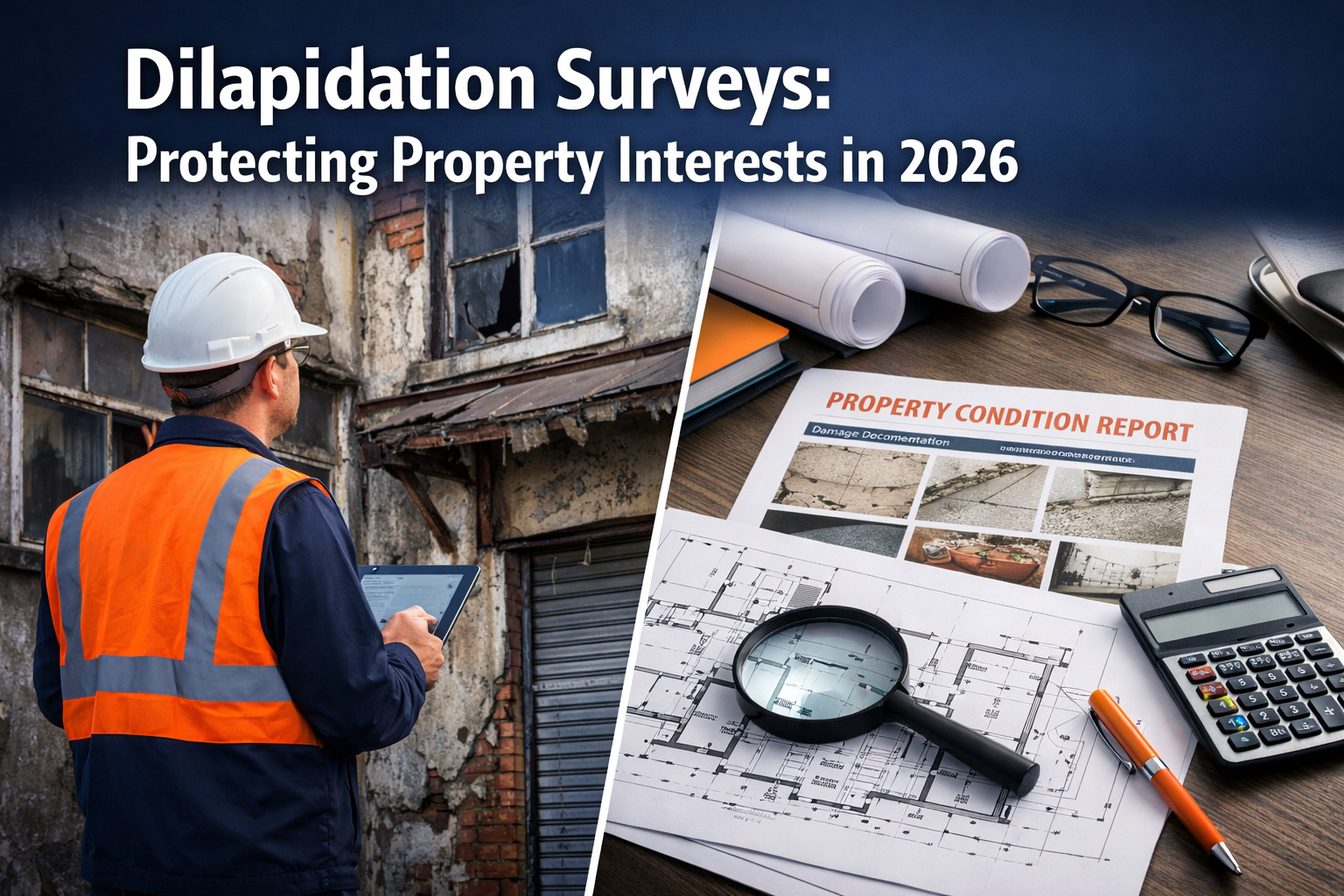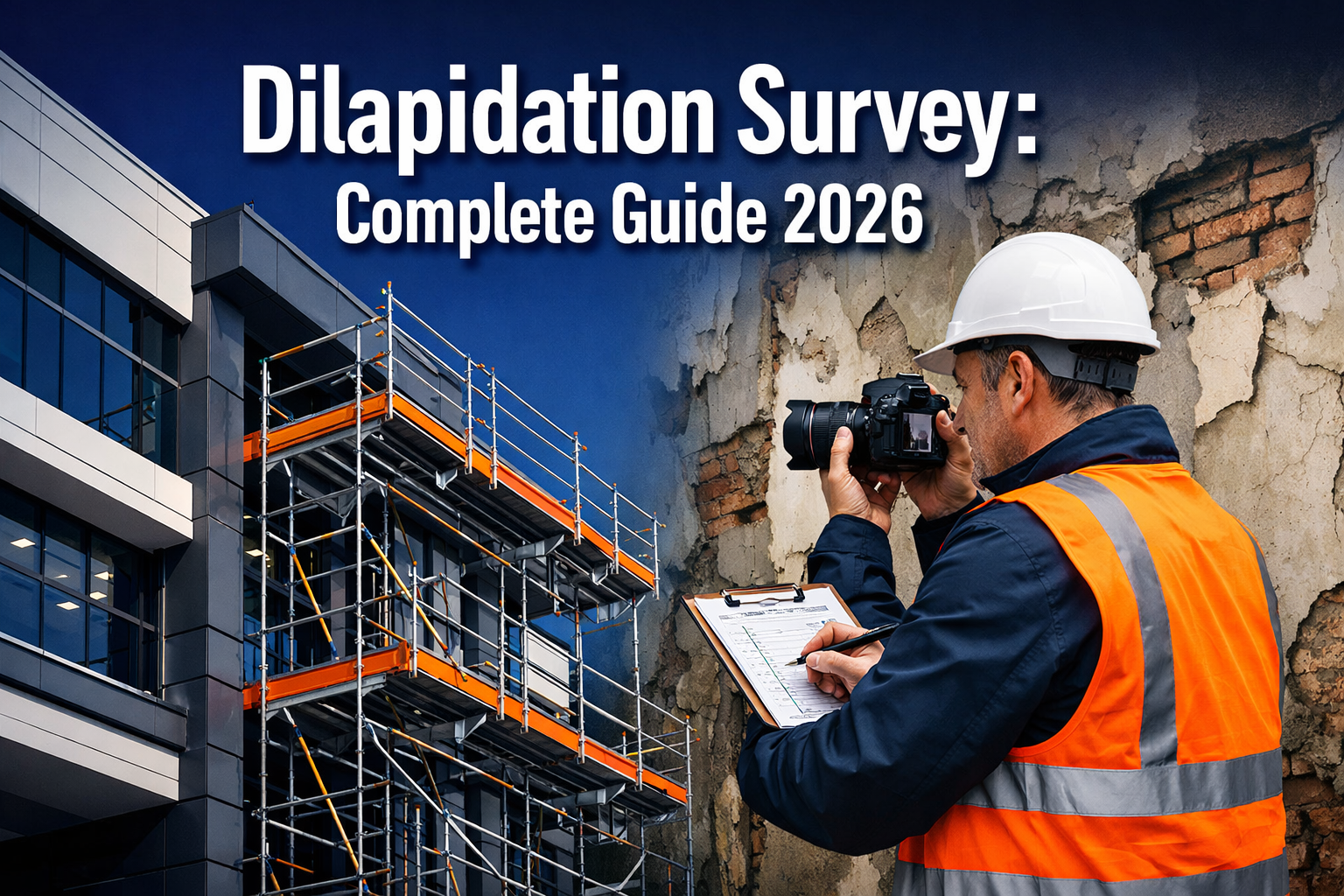Valuing Freehold
- Home
- Valuing Freehold
Understand Ground Rent
UK Ground rent is an integral component of the leasehold system in England and Wales. It is a payment that a leaseholder makes to the freeholder or landlord of a property.
When one has the leasehold of a property, it means that, they can use and occupy the property during the terms of the contract that specify the duration of the leasehold. Properties in which people live under a leasehold can be found throughout the UK; they are particularly common in urban areas. The type of property, its location, and the socioeconomic status of the leaseholder can make ground rent very small or quite significant.
The leaseholder must pay for his or her use of the land. That payment, known as ground rent, is specified in the lease agreement. The lease details both the amount of ground rent due and the interval at which it must be paid. At times, the ground rent might be a trivial amount, traditionally called a “peppercorn.” Nonetheless, several leases today include terms that significantly up the ante during the life of the lease.
Leases that don’t set ground rent at zero may cause real problems for leaseholders, especially when they’re trying to remortgage or sell. In response, the UK government has introduced reforms aiming to make the leasehold system fairer, even if we don’t completely understand what all these changes will mean for current and future leaseholders.
If you happen to be a leaseholder or a freeholder, you really ought to get a freehold valuation. Whether you actually own your freehold or part of it, understanding the value of what’s yours could save you a lot of money.
Find out your Canterbury Freehold
Obtaining the freehold for a house or apartment building might seem like a big step, but think of the way your property could appreciate after the acquisition. A freehold purchase calculator can tell you just how much the price could rise. However, it does not use exactly the same professional valuation principles that surveyors use when valuing leaseholds and freeholds. Use a calculator only as a rough guide.
Our panel of valuers and surveyors use these principles every day in their jobs as specialists in freehold purchases and lease extensions. While it’s not an exact science by any means, these principles help estimate the value of a new flat lease, a flat with a lease extension, or the value of the freehold.
A leasehold calculator is for rough estimates and should be seen as a guide. It is based on the premise that the entire building is leased uniformly. If your building is leased with varying terms and conditions, or if you otherwise suspect your building situation differs in material ways from the common situation in which this calculator is used, then feel free to contact us. We can get you a valuation that is far more relevant to your situation.
What factors Influence the Freehold Price?
Quite a few factors influence the freehold price. The obvious ones are size and location, but how many other freeholders are there in your building, either right now or potentially in the near future? How many flats are in the building? What are the prospects for added value?
Loosely, these questions help you arrive at the freehold value. If collective enfranchisement diminishes any aspect of your landlord’s freehold estate, you may have to pay compensation. Of course, paying your landlord less ground rent and adding nearly unlimited time to your lease may improve your property’s value and reduce maintenance costs. Those are the main reasons Canterbury tenants wants to enfranchise: to improve the value of its members’ property while simultaneously reducing their property maintenance costs.
Generally, the shorter the unexpired term on your lease, the higher the price you will pay for your freehold.
In addition, there are other ways, apart from collective enfranchisement, to purchase your freehold that may be more affordable. A freehold purchase calculator can help you determine if a freehold purchase is a financially viable option.
Purchase Process in Canterbury, London, Bristol, Birmingham, Manchester, & Cardiff
If you opt for collective enfranchisement as your method of making the freehold purchase, you can negotiate privately with your landlord or follow the legal process. If you choose to do so, the first step in your journey toward homeownership is to serve your landlord with a notice. This is an official document that outlines in detail your offer to buy the freehold. Once served, the next step is to wait for your landlord to respond.
Your landlord may not be very happy to receive your offer, and if they are not, you’ll have a limited time to respond to their counteroffer. If you can’t come to an agreement, you can take your case to a Leasehold Valuation Tribunal, but be warned — costs can run to thousands and you may have to pay some or all of your landlord’s fees.
Before you make an offer, you should really have your freehold valued by an RICS Chartered Surveyor. In this case, the valuation can be used as evidence if you’re forced to appeal. First things first, though — you can use a freehold purchase calculator to get a ballpark idea of how much the whole thing is likely to cost. Again, if you need advice from an expert with no vested interest in the outcome, get in touch with the team.




